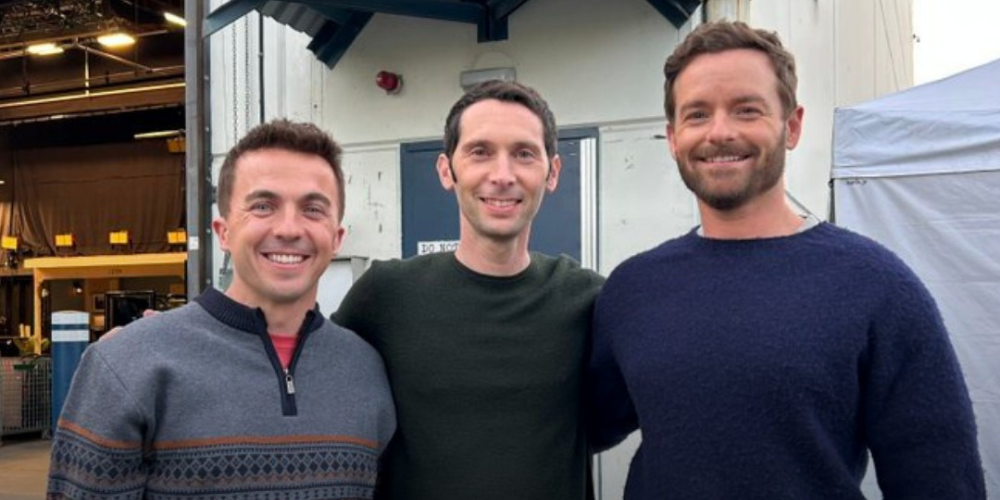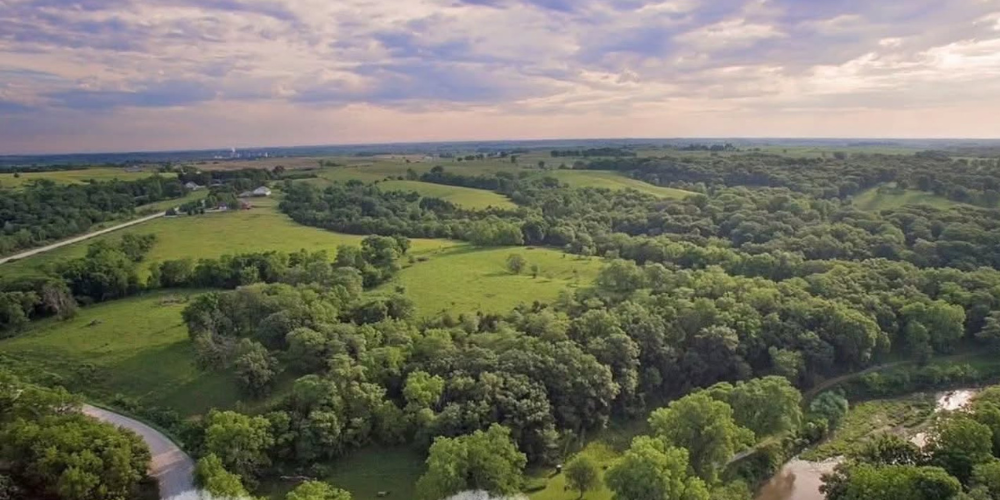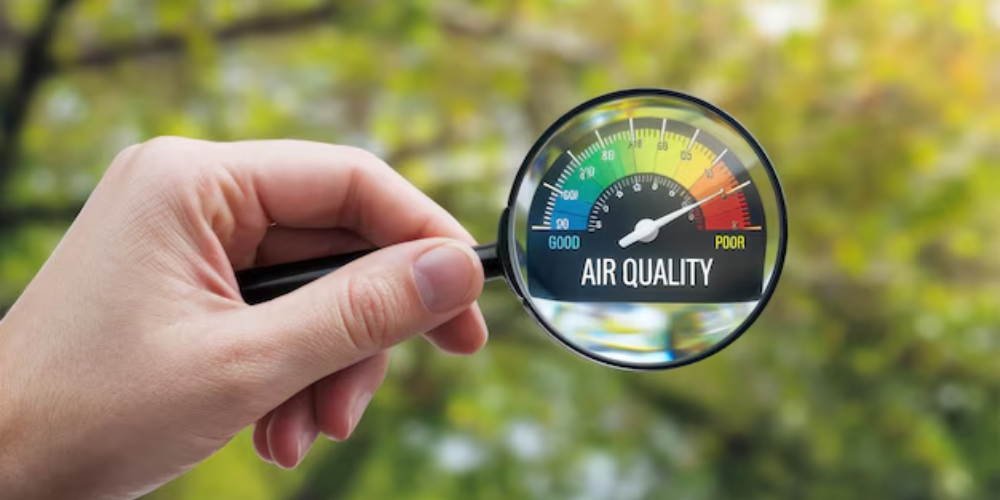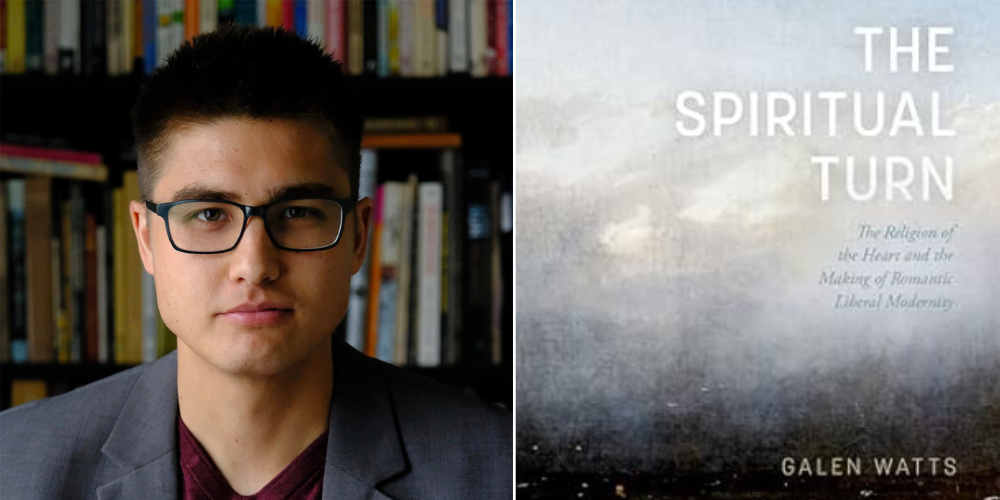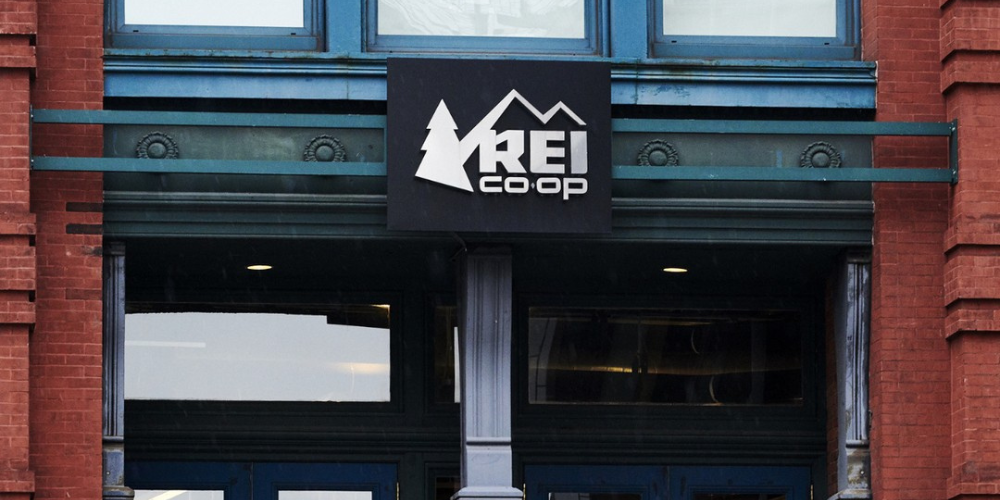The iconic cast of “Malcolm in the Middle” is back together nearly twenty years after the show ended. Fans are thrilled...
More life style

Across Canada, more people are moving away from traditional churches while still holding on to a sense of spirituality. It’s not...
The outdoor retail world is undergoing a major reset. After riding the pandemic’s surge in demand, brands are now confronting slower...
Australian biotech company All G is gaining attention for exploring how breast milk protein—specifically lactoferrin—can support dermatological applications. By producing both...
Sydney Sweeney, the star of "Anyone But You," has become the center of attention once again after being spotted with former...
Spirituality takes on many forms in the United States, reflecting a wide range of beliefs and practices. For some, spirituality centers...
Outdoor air quality changes quickly, and the difference between clean and harmful air can be striking. A pollution monitor may show...
Gel manicures are known for their glossy finish and long-lasting wear, but one ingredient commonly found in certain products has been...
Nelly Furtado has never been one to shy away from self-expression, and her latest appearance proved that confidence is the best...
Home is more than walls and shelter—it is safety, belonging, and continuity. Every living being, from the smallest insect to the...




